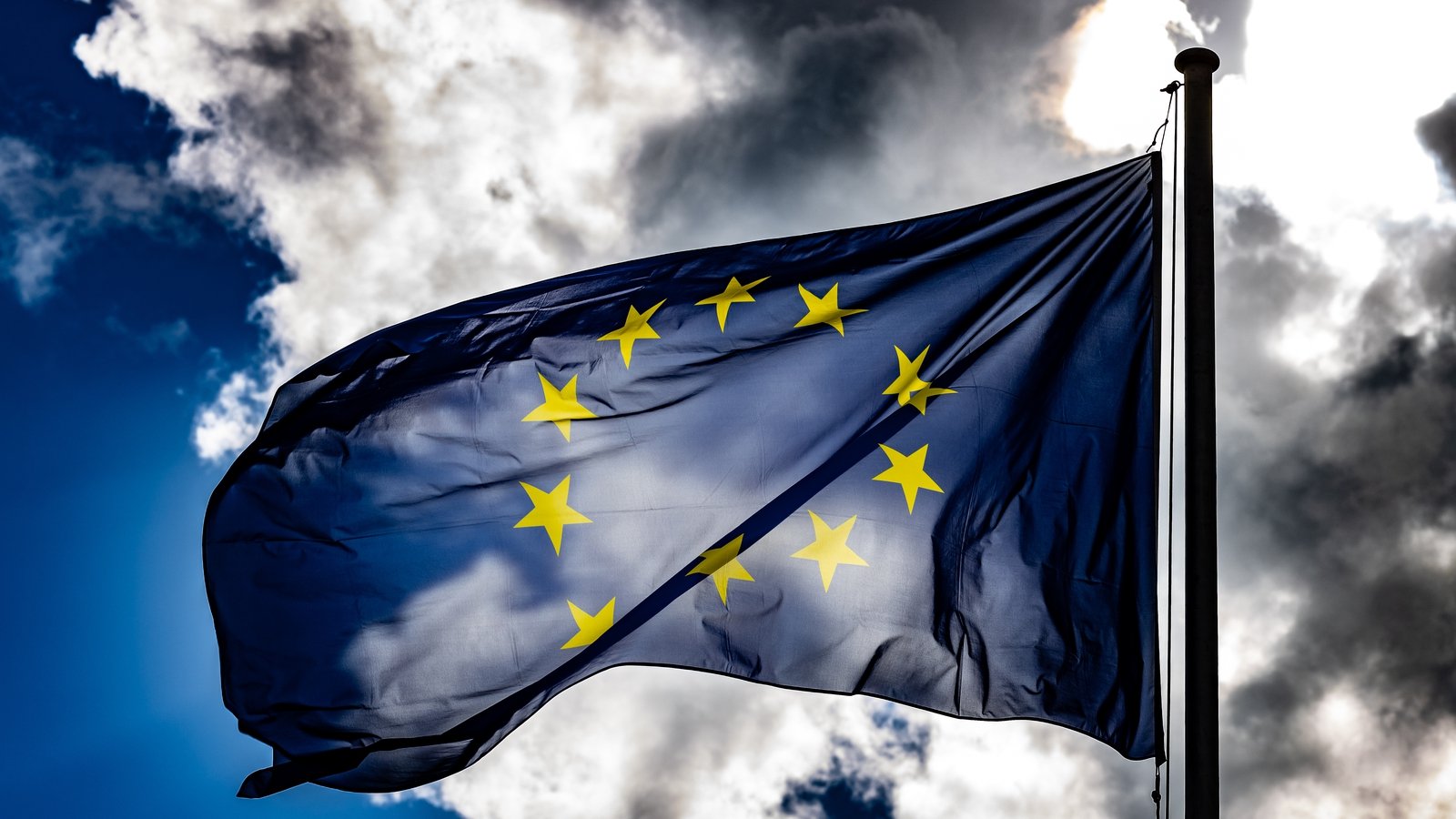Czechs hold EU vote after Dutch far-right gains

Voters in the Czech Republic go to the polls on the second day of marathon EU elections, after the Netherlands kicked off the ballot with a strong showing by the far right.
The Freedom Party (PVV) of anti-immigration Dutch eurosceptic Geert Wilders was set for a major boost in the incoming European Parliament, after an exit poll put it in second place with seven seats.
That was expected to be just the first in a string of gains for far-right parties across the EU that surveys suggest will see them claim a quarter of the 720 seats up for grabs.
Most of the European Union’s 27 nations – including powerhouses Germany and France – hold balloting on Sunday, with 370 million people eligible to vote overall.
The vote comes at a time of major geopolitical instability almost two-and-a-half years into Russia’s war on Ukraine, with warnings the Kremlin was targeting the elections with a disinformation campaign.
The far right is looking to tap into grievances among voters fatigued by a succession of crises over the past five years from the Covid-19 pandemic to the fallout of Moscow’s invasion.
The prospect of a lurch to the right has rattled the European Parliament’s main groupings, the conservative European People’s Party (EPP) and the leftist Socialists and Democrats.
They remain on course to be the two biggest blocs but current European Commission chief Ursula von der Leyen, who comes from the EPP, may need to glean support from part of the far right to secure a second term.
With an eye on the horse-trading that may be needed, the polyglot former German defence minister has been courting Italian premier Giorgia Meloni, who heads the post-fascist Brothers of Italy party.
French President Emmanuel Macron has warned the EU risked being “blocked” by a big far-right presence in the European Parliament.
Focus on immigration
In the Netherlands, Mr Wilders trumpeted his party as the “biggest winner” as he continued to ride a wave of anti-immigration sentiment after victory at national polls last year.
But his chief opponent Frans Timmermans, whose Green-left alliance appeared set for first place with eight seats, insisted strong showings by pro-European parties sent an “important signal”.
Apathy
To the east, Czech politicians face widespread apathy to the EU vote, after the country had the second lowest turnout last time around in 2019 at 28.72%.
Polls put the centrist ANO movement of billionaire former prime minister Andrej Babis in the lead, ahead of a centre-right coalition.
At an elementary school in southern Prague, voters cast their ballots while children played nearby, many relishing the opportunity to stop and chat with neighbours.
Marek Cerveny, a 45-year-old teacher and tour guide who voted accompanied by his daughter, said he “definitely” saw EU decisions “reflected in our lives”: “What we can buy, how easily we can travel, how well we can live here”.
Others like Vera Zazvorkova, a 72-year-old economist, said she was voting for change, wanting fewer EU rules on the environment and tougher curbs on migration.
“The ‘Green Deal’ should change, that is, it should be restricted a lot, and the immigration policy should change too,” she said.
Fears of Russian meddling were raised in the run-up to the vote after Czech authorities busted a website alleged to be a Kremlin front used to push Russian propaganda.
The probe into the Voice of Europe website has since spread to Belgium – home of the European Parliament – after allegations that EU lawmakers were paid by the outlet.
Over the weekend, scrutiny will shift to the EU’s bigger economies as they open polling stations.
Marine Le Pen’s National Rally is predicted to come out on top in France, as is Ms Meloni’s party in Italy and Hungarian Prime Minister Viktor Orban’s far-right Fidesz.
In Germany, the extreme-right AfD is polling second, behind the opposition conservatives. In Austria, the far-right Freedom Party looks on track for victory.
Related
A New Book Argues That What Happens in Europe Doesn’t…
Remaking the World: European Distinctiveness and the Transformation of Politics, Culture, and the Economy by Jerrold Seigel “No issue in world
Poland plans military training for every adult male amid growing…
Poland’s prime minister, Donald Tusk, has said his government is working on a plan to prepare large-scale military training for every adult male in response t
2025 European Athletics Indoor Championships: Ditaji Kambundji secures women’s 60m…
Switzerland’s Ditaji Kambundji walked away from the 2025 European Athletics Indoor Championships in Apeldoorn on 7 March with much more than her first Europea
Takeaways from the EU’s landmark security summit after Trump said…
BRUSSELS (AP) — European Union leaders are trumpeting their endorsement of a plan to free up hundreds of billions of








